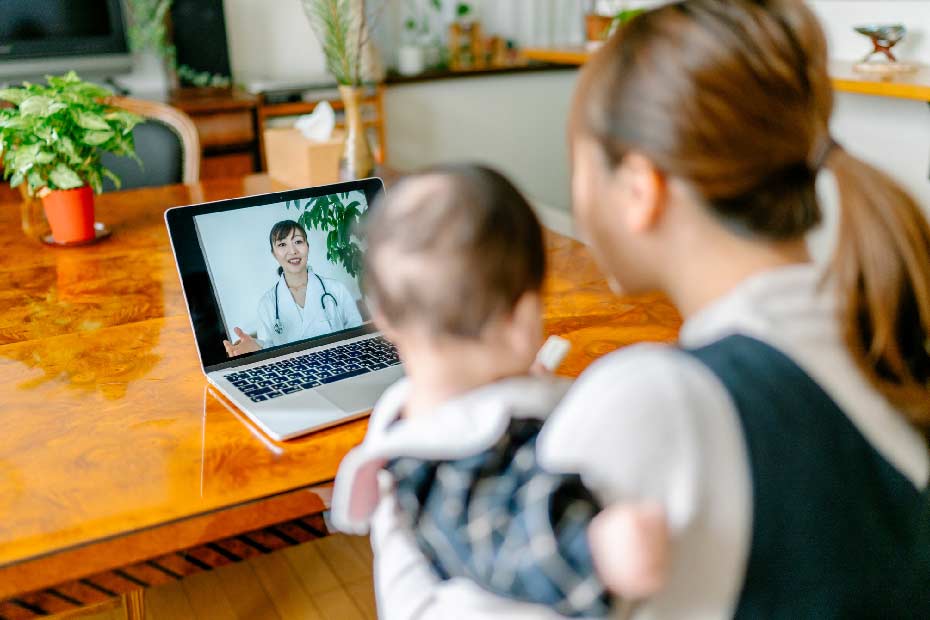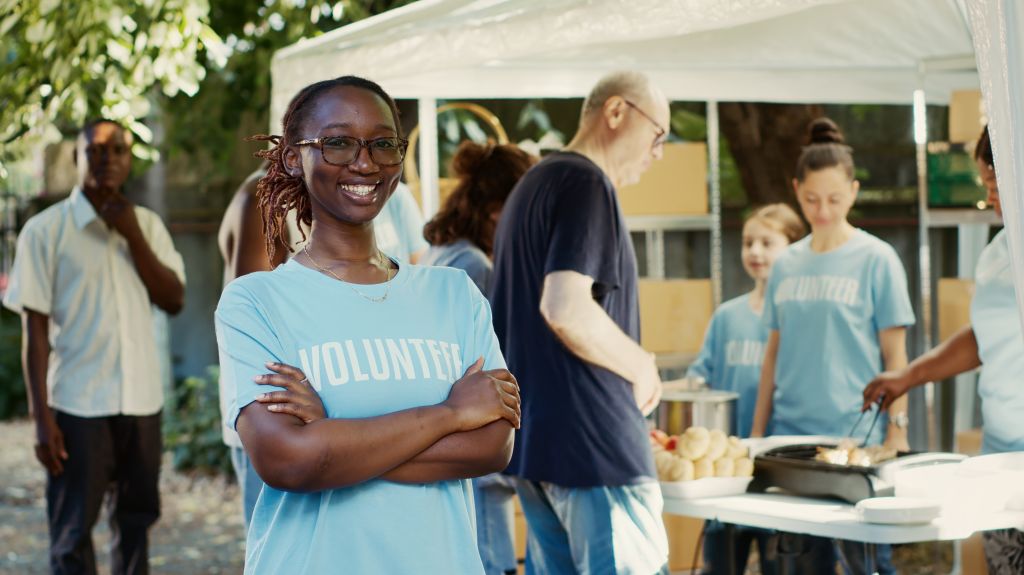Published October 14, 2020 • 4 Min Read
When I migrated to Canada in 2014, I had to have medical coverage as part of the travel insurance required to live in the country. When I happily became a permanent resident a few years later, it was a relief to learn I could now get Canadian healthcare like any citizen.
Thankfully, applying for a health card was easy enough. And since then, the medical system has been easier to navigate than I first anticipated.
If you’re new to Canada and you have some of the same questions I’ve had, like — “Are all medical services free here?” or, “Is it safe to see a doctor right now?” — here are some answers to help you navigate.
What does public health insurance cover?
Public healthcare coverage varies across provinces and territories. All provinces and territories provide free emergency medical services, even if you don’t have a government health card. There may, however, be some restrictions based on immigration status.
In Canada, non-emergency dental care, eye care, prescription medicines and mental health services aren’t typically covered by public health plans, so you might consider taking out a private health insurance plan. Many employers offer private health insurance — check your employee contract to see if that’s the case for you.
How do I apply for public health insurance remotely?
You need a health insurance card to get your health care services covered by public health plans. Application forms for your health card can be found at provincial registry offices — here’s a full guide on how to apply for your health card.
If you’re uncomfortable with going into a physical office right now because of the coronavirus, you can download a registration form online.
How soon can I get public health insurance?
The good news is that some waiting times have been waived because of COVID-19: If you’ve just moved to Ontario, for example, you no longer need to wait three months to be covered for healthcare.
You can apply anytime, but in Canada, newcomers typically need to live in a specific province or territory for up to three months before they can receive public health coverage.
What can I do while I wait for public health insurance?
-
If you’ve applied for public health insurance but haven’t received your health card, here are ways to manage your health care needs in the interim.
-
If you take out private health insurance, your insurance provider may cover telemedicine services like Maple, which lets you see a registered Canadian doctor online. They can talk to you via video, phone call, or chat — whenever you need, check for symptoms and diagnose you virtually, and/or write you a sick note or a prescription. If needed, they can also order bloodwork or diagnostic imaging.
Note: Telemedicine isn’t a replacement for emergency care. If you need immediate, life-saving help — call 911.
Is telemedicine an option if I am unable to meet a doctor in person?
Many provinces now offer virtual healthcare options in place of in-person doctor’s appointments — in the pandemic, I’ve even been able to talk to my doctor via instant messaging.
It’s likely telemedicine will extend beyond the pandemic. If you’re covered by B.C. provincial healthcare, for example, you can get weekday telemedicine treatment from Maple covered through your public Medical Services Plan.
How do I get a family doctor now?
In Canada, a family physician is often the first point of contact for most healthcare situations. A family doctor ensures continuity of care, by following your life cycle, and maintaining the health records of you and your family.
Finding a doctor with space for new patients may not always be easy.
Finding a doctor with space for new patients may not always be easy. The best way to begin your search is to see if your province or territory has a centralized waitlist.
Almost all provinces have physician directories on their Provincial College websites. Some of them, like the College of Physicians and Surgeons of Ontario website through its Doctor Search, may even help find a doctor who speaks your preferred language.
For more useful tips and information on settling in Canada, visit rbc.com/newcomers.
This article is intended as general information only and is not to be relied upon as constituting legal, financial or other professional advice. A professional advisor should be consulted regarding your specific situation. Information presented is believed to be factual and up-to-date but we do not guarantee its accuracy and it should not be regarded as a complete analysis of the subjects discussed. All expressions of opinion reflect the judgment of the authors as of the date of publication and are subject to change. No endorsement of any third parties or their advice, opinions, information, products or services is expressly given or implied by Royal Bank of Canada or any of its affiliates.
Any information, opinions or views provided in this document, including hyperlinks to the RBC Direct Investing Inc. website or the websites of its affiliates or third parties, are for your general information only, and are not intended to provide legal, investment, financial, accounting, tax or other professional advice. While information presented is believed to be factual and current, its accuracy is not guaranteed and it should not be regarded as a complete analysis of the subjects discussed. All expressions of opinion reflect the judgment of the author(s) as of the date of publication and are subject to change. No endorsement of any third parties or their advice, opinions, information, products or services is expressly given or implied by RBC Direct Investing Inc. or its affiliates. You should consult with your advisor before taking any action based upon the information contained in this document.
Furthermore, the products, services and securities referred to in this publication are only available in Canada and other jurisdictions where they may be legally offered for sale. Information available on the RBC Direct Investing website is intended for access by residents of Canada only, and should not be accessed from any jurisdiction outside Canada.
Share This Article






